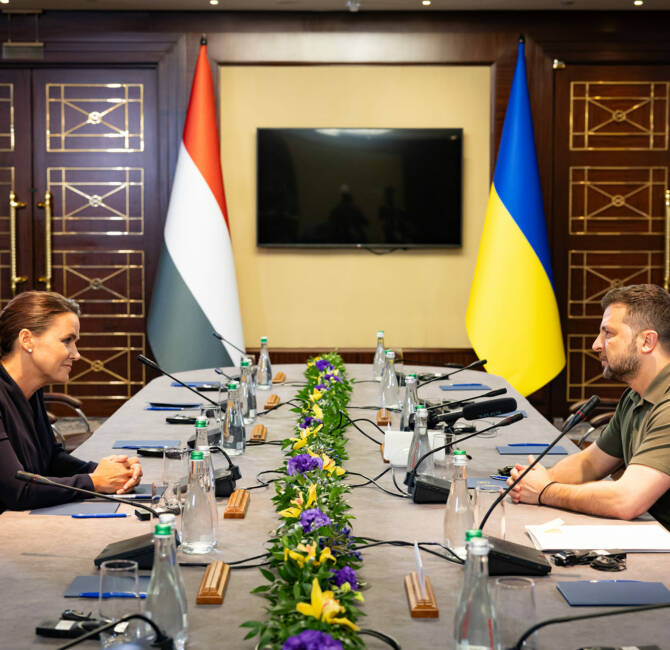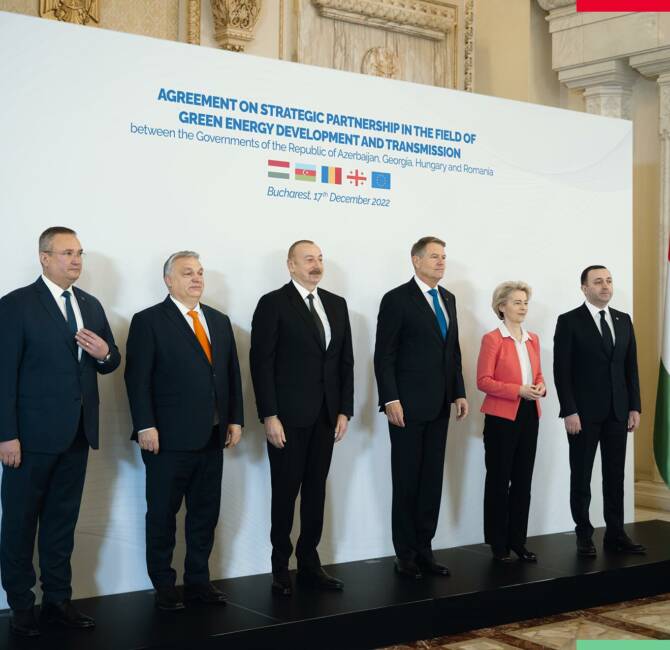European Union – In an interview with the Polish news agency PAP published on Thursday 5 August by the conservative website wPolityce.pl, the Slovenian Prime Minister Janez Janša, who currently holds the Presidency of the Council of the European Union, took a stand in the current legal dispute between Poland and EU institutions.
Many do not understand the specific features of Central European countries
Drawing from the Slovenian experience in the Yugoslav context, Mr Janša began by mentioning the difficulties Western Europe – and in particular the EU authorities in Brussels – had in understanding the situation in Central and Eastern Europe:
“Many in Brussels and elsewhere have no historical memory of the totalitarian era and the judicial system of that time.
But that does not mean that totalitarianism did not exist and that we do not face concrete challenges. […] Many do not understand, and some do not even see the need to understand, the history and the specific cultural and political features of the countries that joined the EU after 2004.
This prevents them from truly understanding the real situation.
EU law is not above national constitutions
He then addressed more directly the current question of whether or not EU law takes precedence over national constitutions: “EU law is above national law, but it is not above the constitution of a member state.
No EU institution has the right to impose anything on a member state that stands contrary to its constitution.
[…] Recent developments concerning tensions over compliance with EU law are worrying and require a serious and responsible response from the leaders of all member states. […] As the country holding the Presidency of the EU Council, Slovenia does not want to be part of the new divisions in Europe, whatever their causes. I believe that most EU member states share this view. There have been too many such divisions in history.”
Europe must remain above all an area of freedom
In conclusion, the Slovenian Prime Minister stressed the need for Europeans to focus on what unites them rather than what divides them:
“Our goal is a Europe united, free and reconciled with itself.
A Europe capable of extending this area of freedom and high standards of protection of human rights and fundamental freedoms to its neighbourhood. Because the larger this area, the safer and more prosperous we will be.”




